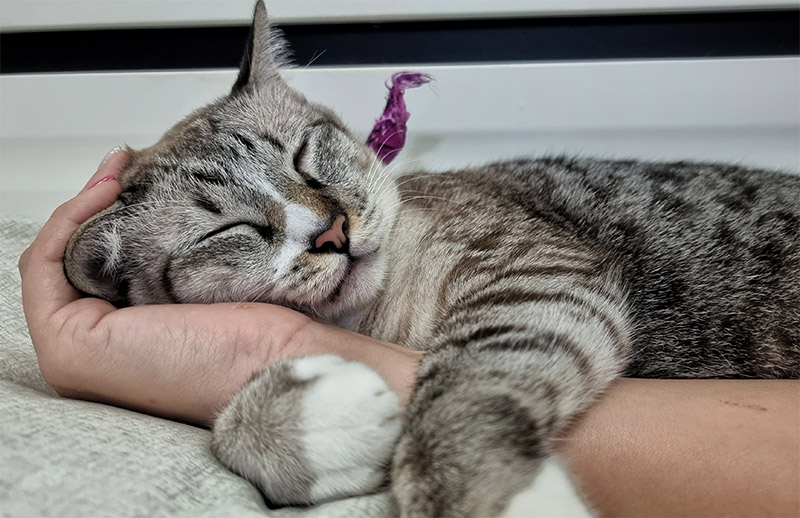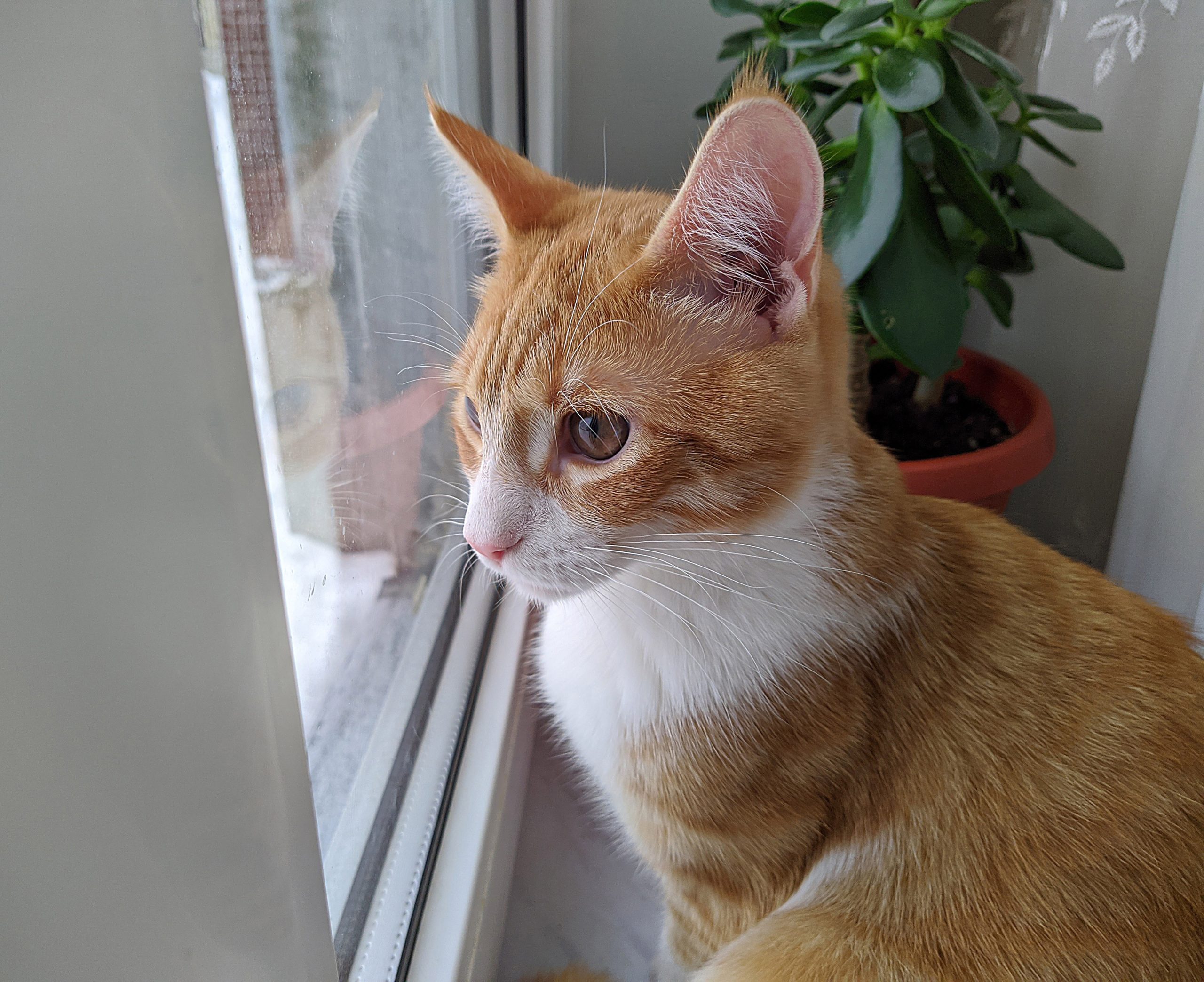Understanding Pet Anxiety & Treatment Options: Your Pet's Emotional Well-being Matters!
As pet owners, we know that our furry companions are more than just animals; they are beloved members of our families. We strive to provide them with the best care possible, ensuring their physical health through regular check-ups and vaccinations. However, it’s equally important to remember that our pets’ emotional health and well-being are equally crucial for their overall happiness and quality of life. Just like humans, pets can experience anxiety, and understanding the signs and seeking appropriate treatment is vital to ensure they lead fulfilling lives.

Recognizing Pet Anxiety: Signs to Watch Out For
Pets, just like humans, can exhibit signs of anxiety. The triggers may vary from one animal to another, but some common situations that often cause anxiety in pets include thunderstorms, fireworks, separation from their owners, visits to the veterinarian, or changes in their environment.

Keep an eye out for the following signs that your pet may be struggling with anxiety:
- Excessive Vocalization: If your pet starts vocalizing excessively, such as barking, whining, or meowing, it could be a sign of distress.
- Destructive Behavior: Pets with anxiety may engage in destructive behaviors like chewing furniture, scratching walls, or ripping apart household items.
- Panting and Pacing: Excessive panting and restlessness, like pacing back and forth, could indicate anxiety.
- Hiding or Seeking Constant Attention: Some anxious pets may seek constant reassurance and attention, while others might retreat and hide.
- Changes in Eating Habits: Anxiety may cause a loss of appetite or overeating in some pets.
Treatment Options for Pet Anxiety: Providing the Comfort They Need
If you notice any of these signs in your furry friend, there’s no need to worry. There are various treatment options available to help alleviate your pet’s anxiety and ensure their emotional well-being.
- Behavioral Training: Professional training and desensitization techniques can help your pet cope with anxiety triggers, gradually reducing their sensitivity.
- Environmental Enrichment: Creating a safe and stimulating environment for your pet can significantly reduce anxiety. Providing toys, interactive games, and hiding spots can work wonders.
- Medications: In severe cases, veterinarians may prescribe anti-anxiety medications to help manage your pet's anxiety. These are usually used in combination with behavioral therapy.
- Pheromone Therapy: Certain pheromones, like Adaptil for dogs and Feliway for cats, can help calm anxious pets and create a sense of security.
- Natural Remedies: Some pet owners find success with natural remedies, such as herbal supplements or essential oils, but it's essential to consult your veterinarian before trying any alternative treatments.


Takoma Park Animal Clinic: Your Partner in Pet Care
If you suspect that your pet is struggling with anxiety, don’t hesitate to reach out to us at Takoma Park Animal Clinic. Our team of compassionate and experienced veterinarians understands the unique needs of each pet and can tailor a treatment plan that best suits their emotional well-being.
Book an appointment with us at Takoma Park Animal Clinic in Takoma Park, Maryland, and let our dedicated team help your pet overcome anxiety and flourish in every aspect of life. Together, we can provide them with the love and support they deserve, making every day a joyful experience for both you and your beloved companion.








